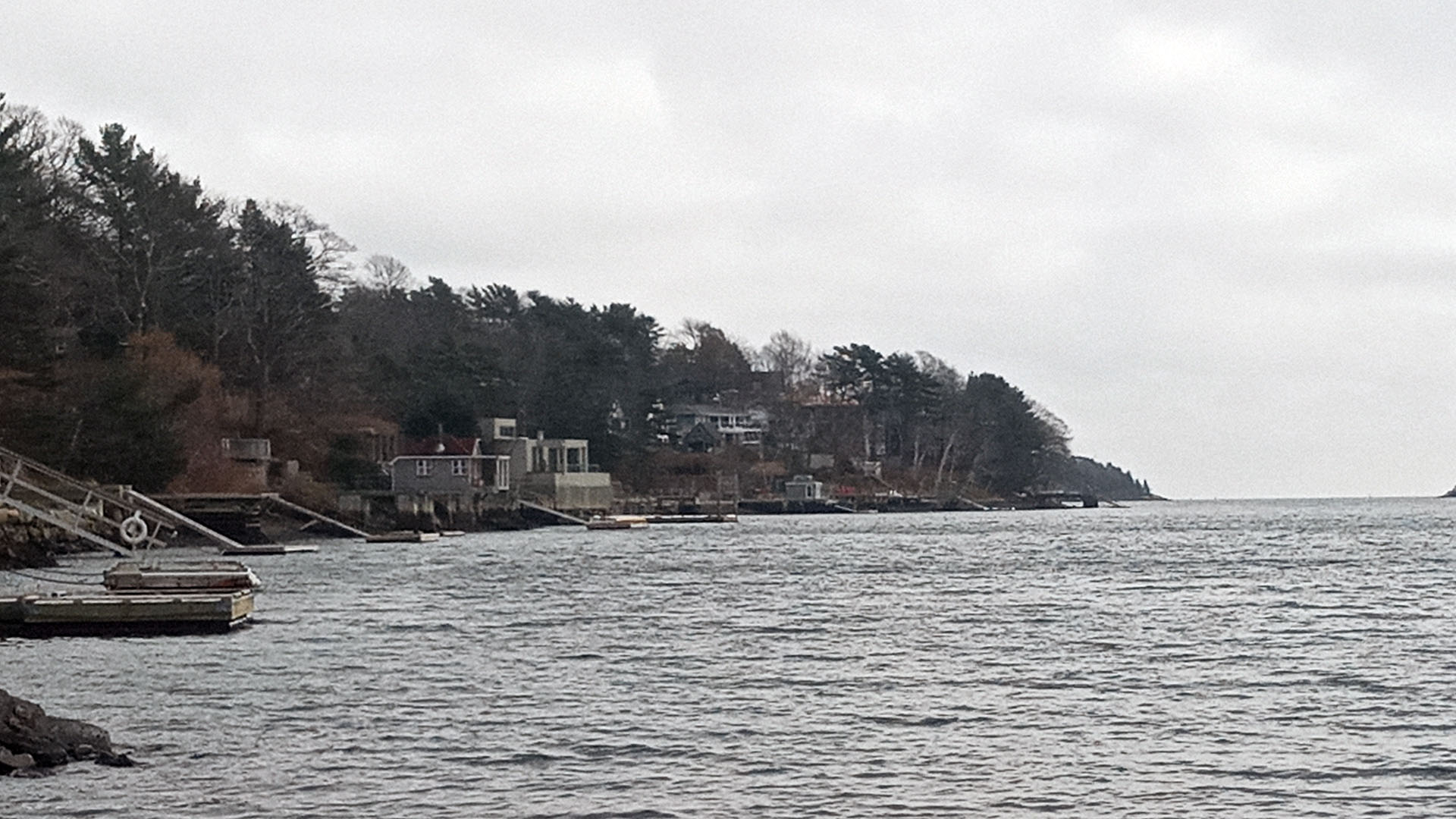Nova Scotia must adapt to changing weather due to climate change, says new report
Risk report shows that temperatures, extreme weather is set to increase

caption
Homes on Halifax's Northwest Arm could be at risk to sea level rise, and a rise in the temperature of the surface of the sea, which are part of the effects of climate change outlined in the Climate Change Risk Report.Nova Scotia is in for flooding, higher temperatures and more severe storms in the next century, says a new report outlining the risks posed to the province by climate change.
On Monday, the province released the Climate Change Risk report, a 44-page summary issued by the Department of Environment and Climate Change.
The report does not provide solutions, but it has been used to inform the province’s climate change plan, which will be released on Wednesday. It breaks down the effect that climate change will have on different regions and groups across Nova Scotia.
The report projects that days and nights will continue to get warmer, with an expected 17 nights per year over 18 C by 2035, compared to the current average of three. While overall precipitation is set to increase by 10 per cent by the end of the century, the number of snowy days is set to decrease, with the number of rain days to increase to 132 days per year, expected by 2035.
Sea levels are projected to rise one metre by 2100, with an additional 70 centimetres possible if there is significant reduction of Antarctic ice.
“It’s important to understand where and how we are vulnerable so we can all take action,” Timothy Halman, minister of environment and climate change, said in a news release.
“We need to take a holistic view and recognize that climate change will affect the province and Nova Scotians in many ways – our economy, the environment, and our well-being. Together, we have an opportunity to make positive change and work to protect each other and all that we value.”
The report outlines that the province needs to “continue to address the causes of climate change, adapt to what is already happening” and “plan for the changes to come.”
Will Balser, the Ecology Action Centre’s coastal impact co-ordinator, said it’s good that the report focuses on the adaptation of communities to climate change.
“It was also very good to see there’s a very clear timeline and scale of severity of the impact, depending on global emissions and what we do to mitigate our own impact. So that, I think, really makes it very approachable,” Balser said.
But Balser thinks the report is lacking when it comes to the mental health of communities facing climate change.
“It’s falling short on community resilience and climate grief as a top priority for disaster preparedness, especially when we look at a hurricane or severe flooding or fire,” said Balser. “Communities are already facing significant housing loss and destruction of common spaces, which can be deeply traumatizing.”
He hopes to see more attention paid to community resilience when the plan is updated in 2025.
The report emphasizes that climate change will have a greater impact on people who are already facing disadvantages, including racialized and marginalized groups.
“Mi’kmaq are building on strengths to create positive change, but climate change brings added concerns. Many Mi’kmaw communities are in areas prone to flooding, putting homes and infrastructure at risk. Climate change is affecting access to traditional foods, medicines, and artisan materials. Sea level rise and coastal erosion threaten important cultural, archaeological, and spiritual sites,” the report says.
When Nova Scotia’s climate change plan is released on Wednesday, Balser hopes that the data from the report will be well integrated into the plan.
“I think it’s time that we sort of reframe and reprioritize and put people and the environment ahead of corporate interests,” he said.
About the author

Hannah Marais
Hannah Marais is a fourth-year journalism student and a reporter for the Signal. When she's not out reporting, she's probably cycling, thinking...
